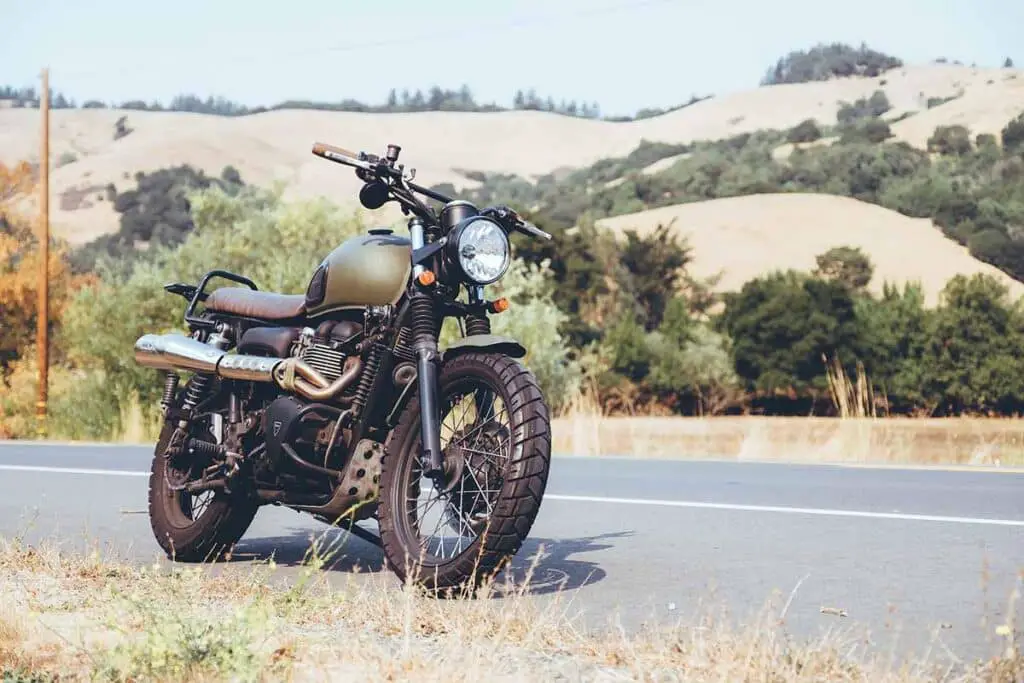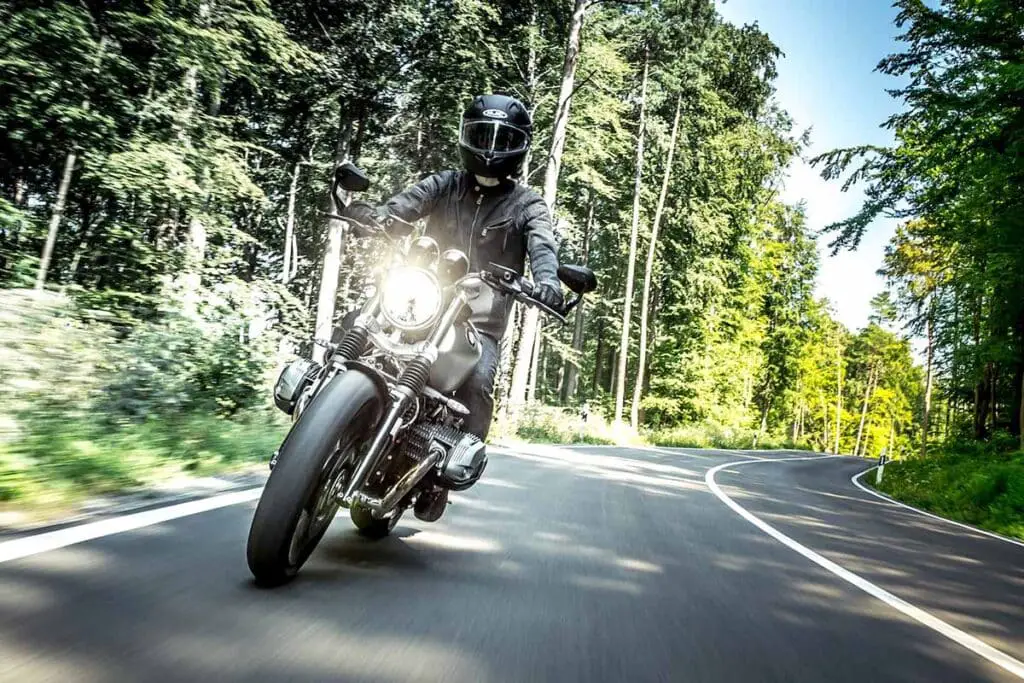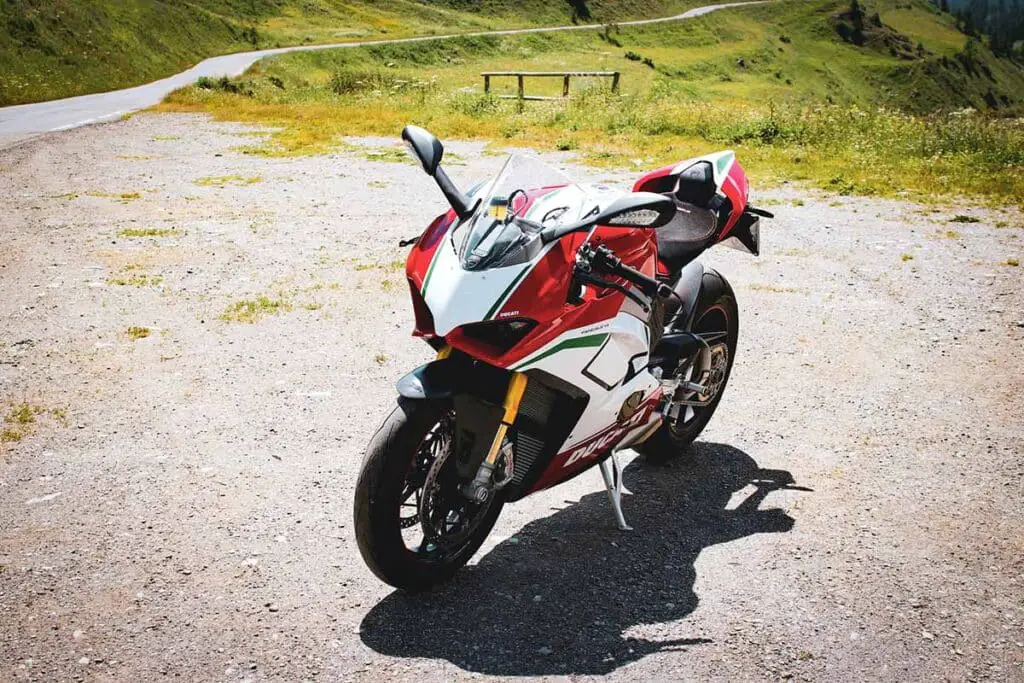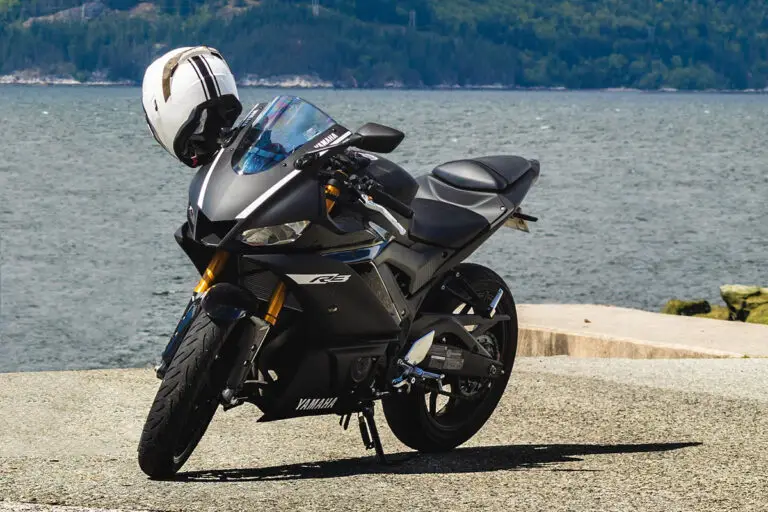Motorcycle vs Motorbike: What’s the Difference?
Disclosure: We may get commissions for purchases made through links in this post.
Anyone riding for quite a while would know of the motorcycle vs motorbike debate in biker communities and forums. The contested topic may seem petty, but there is a good reason for such an argument.
On the one hand, bike reviews use these words as each other’s substitute. On the other, legislations and certain regions only use the term ‘motorcycle.’
That said, is there a difference between motorbikes vs motorcycles? And if so, what are they?
There is no formal distinction between a motorcycle and a motorbike. These labels are interchangeable and used by enthusiasts to share and obtain information about their wheelers. In some countries, however, people are more predisposed to use one of the two.
Opting for one of these two-wheelers over the other is purely preferential. The same goes for choosing what to call the machine as.
That said, brace for some light reading (and unlearning some street notions) as we take a closer look at the distinguishing traits of a motorcycle vs motorbike.

Of Motorbikes and Motorcycles
Motorcycles and motorbikes are aplenty these days. Some have designs that continue to disrupt the status quo, while others capitalize on the interests of the greater majority.
The spectrum of current offerings is seemingly endless — ranging from top-tier superbikes to dirt-cheap spin-offs. And so are the biases of ardent patrons.
That said, I find it fascinating (even amusing, at times) that motorheads would do so much as debate which of these terms is appropriate for a given two-wheeler.
Thankfully, none of these discussions has caused physical harm to anyone. However, it has left many beginner riders overthinking the political correctness of these labels.
Even without debates, the motorcycling community seems to be divided using these terms. A rider’s inclination for one or the other is influenced by several factors. These may include one’s locality and technical savvy on motorcycles.
Motorcycle vs Motorbike Comparison
In the next sections, we will cover the below factors a bit more extensively — to get a better grasp of the talk about motorbikes and motorcycles.
| Parameter | Motorcycle | Motorbike |
|---|---|---|
| Etymology | Lat. movere (to move) or meue (to push away); Lat. bis (twice) and Grk. kyklos (circle or wheel) | condensed version of ‘bicycle’ |
| Demographic/ Generational Use | older riders | younger generation |
| Locality/Region | U.S. and Canada | Australia and the UK |
| Bike Configuration (Displacement, Power Rating, etc.) | 50 ccs or higher (anything below 50 cc is technically not a motorcycle nor motorbike, as they are legally classified as mopeds) | 50 ccs or higher (anything below 50 cc is technically not a motorcycle nor motorbike, as they are legally classified as mopeds) |
| Context | formal, used as standard in publications, legislations, and insurances | informal (sometimes considered a slang) |
Etymology
Folks new to the motorcycling community may wonder about the difference between a motorcycle vs motorbike. And honestly, I could not blame them.
Despite their simplicity, people from different regions give these terms varying connotations. It also does not help that motorcycling publications use them interchangeably.
To sort out the confusion with these terminologies, we should, perhaps, look at their stark meaning. By definition, the words ‘motorcycle’ and ‘motorbike’ are portmanteaus (blended words) of ‘motor,’ ‘bicycle,’ and ‘bike.’
The term ‘motor’ is derived from the Latin word movere (to move) or meue (to push away). Meanwhile, the term ‘bicycle’ originates from two words — the Latin bis (twice) and the Greek kyklos (circle or wheel). ‘Bike’ (which emerged in the ’50s) is simply a condensed version of the word ‘bicycle’ that grew in popularity in the late 1800s.
Based on the above explanation, a motorcycle and motorbike are one and the same thing — an on-road vehicle similar to a bicycle but powered by a motor and capable of carrying one or two riders. Outside of lexical semantics, however, is where things start to get interesting.
Generational Use

One of the things that birthed different connotations of the terms motorbike vs motorcycle is how riders used it based on their age. However, this does not necessarily follow that one is limited to a specific term. By all means, a rider’s word choice can be backed by one word sounding more rad than the other.
I can only assume that leaning towards ‘motorbike’ or ‘motorcycle’ has much to do with someone’s upbringing and environment. And naturally, people back in the day spoke with each other more formally than after the war.
The resumption of motorcycle production after OEMs fulfilled their military duties was also met with the Rocker Culture of the ’50s. Hence, it would make perfect sense for the younger demographic to use ‘motorbike’ and for older riders to be more comfortable with ‘motorcycle.’
Locality
An interesting aspect of the motorcycle vs motorbike debate is that each term seems more widely accepted in a given place or region. The term ‘motorcycle’ is used by many English speakers worldwide (mostly in the U.S. and Canada), whereas ‘motorbike’ is preferred in Australia and the United Kingdom.
The funny thing is, the term ‘motorbike’ is an American-English spin-off of the word ‘motorcycle.’
Like the section on generational use, there is no documentation explaining matter-of-factly when or why the term ‘motorbike’ is favored by the Brits and Aussies but not by Americans.
Nonetheless, you must know when and where to appropriately use these terms. If you refer to a two-wheeler as a ‘motorbike’ in the U.S., you just might get perplexed looks.
Bike Configuration
While the first three facets that set a motorcycle vs motorbike apart — namely etymology, demographic, and region — are based on facts, this 4th item does not exactly fall under the same umbrella. But despite its obscure origins, many motorheads still attest to a displacement and power ceiling separating the two.
You will see this particular argument playing out on many biker forums. In these discussions, a motorbike is described to be smaller in capacity and less powerful compared to a standard motorcycle. However, these claims are baseless as there is currently no segment in an owner’s manual or any legislation (for that matter) stating that this is the case.
Perhaps, this association can be traced back to youngsters learning to ride their father’s (or their own) motorbikes in the years following WWII. As typical of parents, they would only allow in-training riders to use a small-capacity wheeler. Either that or the youngster can ride their military-commissioned bike (usually with a displacement and power rating of no more than 750 ccs and 23 hp).
Compared to liter-class bikes produced after world economies got back on their feet, these pre-war thumpers were smaller and had less power.
Looking at it now, this angle makes the perfect impetus for the emergence of the term ‘motorbikes.’ Still, it would not matter if you call your two-wheeler one or the other, as a true motorhead would understand what you mean either way.
Context

Lastly, we have context. Sure, these terms are interchangeable and essentially refer to the same type of two-wheeled vehicle. However, there is a good reason why one of these words is more customary than the other.
‘Motorcycle’ is universally used in legal documents, publications, reviews, and state laws on vehicle safety. Meanwhile, ‘motorbike’ is used in informal conversations with peers or colleagues but is not the go-to word choice if writing an article about it.
Contextually, the latter is less formal (although it is not to be considered a full-blown colloquial word).
Conclusion – Motorcycle vs Motorbike: What’s the Difference?
In truth, there is no practical difference between these two terminologies. They can both refer to heirloom small-displacement machines or gas-guzzling behemoths.
It would also be immaterial if one had more creature comforts, with the other only having headlamps and an analog speedometer.
What is important, though, is to respect how these terms are used by different people. Understanding that they may (or may not be) generally accepted in one area will make conversations with other equally passionate motorheads smoother.
Ultimately, the interchangeability of these terms should teach us all to coexist in harmony. Because in our world of V8s and chromed wheels, the only thing that matters is that you ride — regardless if it is on a motorbike or a motorcycle.






